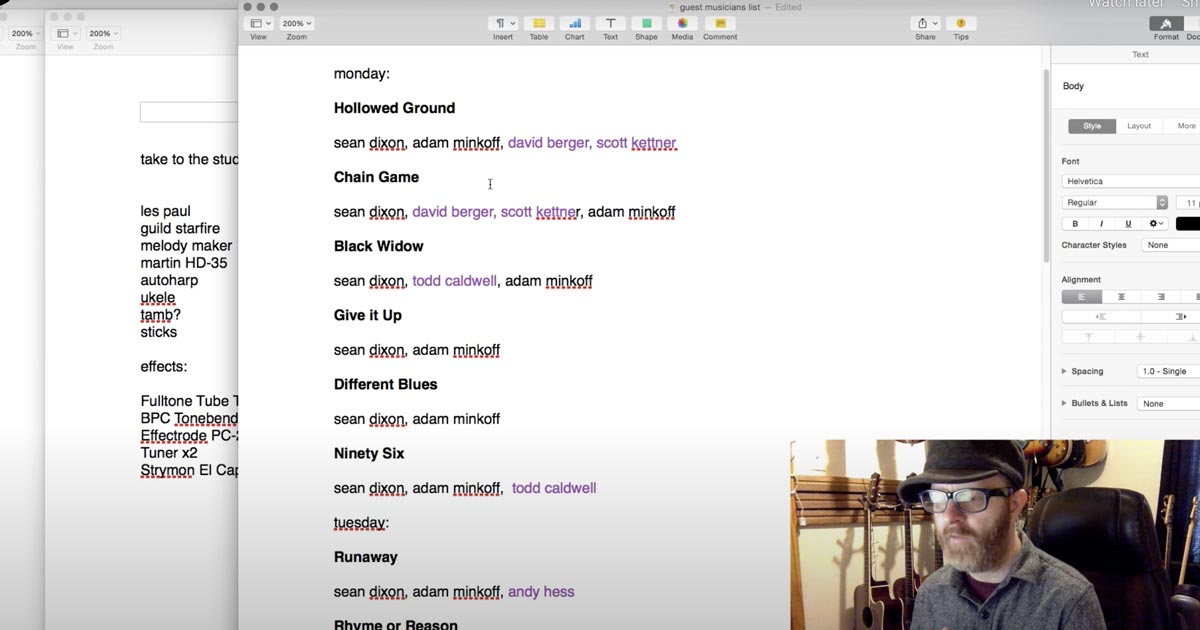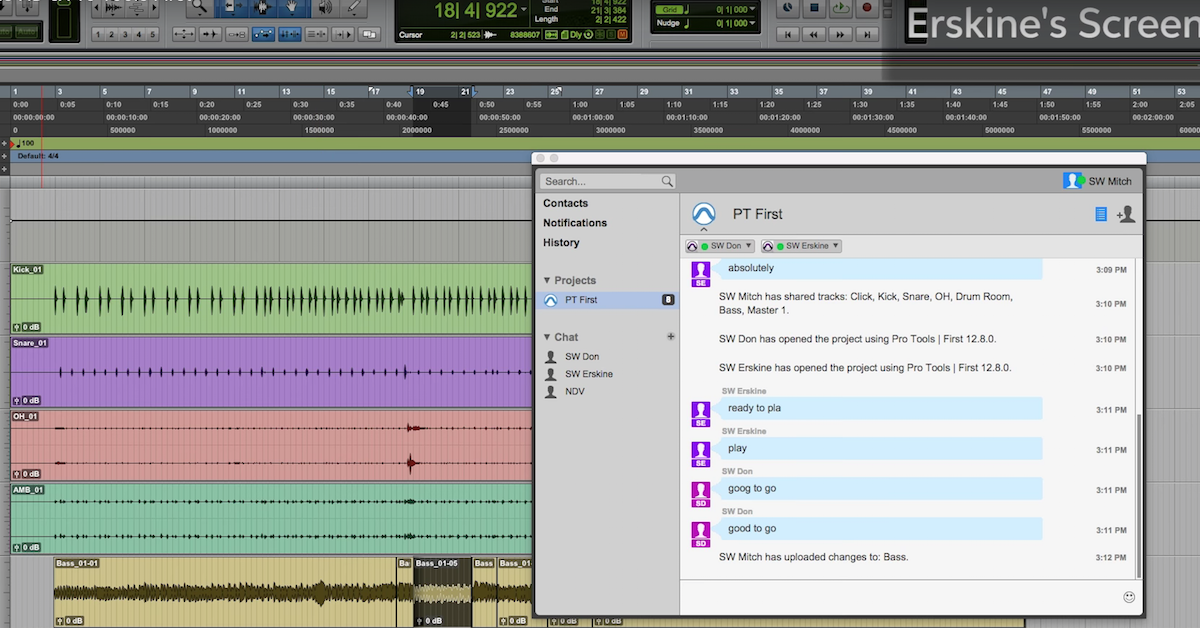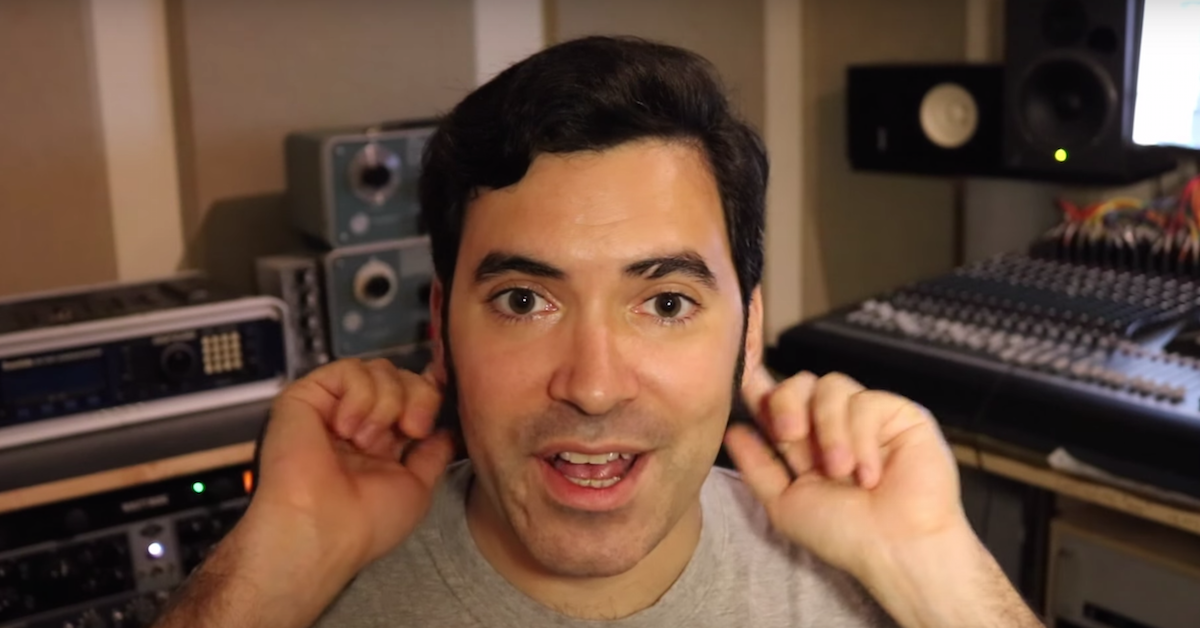9 Tips for Running a Successful Recording Studio
Article Content
1. Wand Holder
When you make a record you have to be aware of a client’s unique needs. It’s unlikely to be the same every time. The more you understand your role, the better not only the outcome but also the client’s interest in returning.
Not every artist wants a producer. I’ve seen the line get blurred on many occasions. Where the studio owner/engineer wants to have a more active role in a project when the artist really just wants an engineer.
This sort of strong-arming can cause tension and bad feelings on a session. There are some artists that really know what they want. It’s not a problem to suggest a good idea from time to time. But be careful not to overstep the boundaries.
2. The Translator
Never leave a DAW session in a way that only you can understand.
This means don’t get super fancy with labeling. Don’t be sloppy with playlist management. Live by the rule: you should be able to open the session in a month and have no questions about labels, routing or takes.
Playlist management is important. Before I wrap a session for the day, I always make sure to have one working comp for each track. Sure, we may go back and revisit some of the choices, but I want to be able to at least see and hear something that represents the work when I open up a session.
3. File Organization
Make sure you label each track before you arm it.
It’s important that the audio file shares the same name as the track. Having a file labeled ‘audio-12’ on your hard drive will not be fun in an emergency file search.
4. Stems and Instrumentals
If your gig is mixing a record, always make sure to give the artist stems and instrumentals of every song.
A new client may not understand the importance of this at first, but you should have the awareness and take the initiative.
5. Committed Relationship
Now more than ever, we’re dealing with recall issues. Sometimes, you try to open up an old mix and you no longer have certain plugins, the format changes, or an update makes the old settings disappear.
I’ve have had each of these issues happen on at least one session.
After you’re done with every record, bounce each track down. This way, decades to come, a remix is possible with the core sounds.
6. Cut Breaks
You don’t always have to bill for every second. You’ll gain major points for not charging for small amounts of time here and there. This especially makes sense when you’re working on a long-term project.
It doesn’t have to be often, but a little goes a long way and shows appreciation.
7. Hard Drive Management
Always make sure your hard drive’s file organization is tidy. I’ve gotten sessions where audio files get misplaced or saved in a different location from the session folder.
This may seem like a no-brainer, but I see many engineers that never go anywhere near the file storage/organization section of their DAW.
Every DAW allows you the option of viewing what files are used for each session along with their location. Become friends. Go to a movie together and have a few beers. You’re going to need each other one day.
8. Take Out The Trash
Sessions can gain a lot of weight. Often from files that aren’t being used anymore. Lightening the load can be a tricky operation.
This process is best suited for when you haven’t had a few frosty beverages. Save it for an ‘after the first cup of coffee’ moment or the end of a session.
If you keep the session streamlined, your hard drive won’t ponder the question of why you hate it so much. Your session will also run faster with less chance of errors.
Remember, just because you erase it from the edit or arrange view doesn’t mean it vanished. It’s just lingering in the wings.
9. Happy Trails
This seems simple, but I’ve seen studios not hand over the entire collection of sessions upon completion of a record.
Occasionally, studios close or move location and things get misplaced. This is problematic for many reasons.
First of all, if the client has paid you to make a record, you don’t own the master recordings. And if you lose them, you’re liable. This can mean potentially paying for recoupment of costs for making the record.
It’s often customary to keep a backup for a specified period of time. But that’s just a backup. You should not be in possession of the only copy.
It’s not a responsibility you want. I always ask clients to buy two hard drives. One lives in my studio until the project is done.
The other drive is a mobile drive that they bring in every time so I can back up the day’s work to it.
The point is that a lot of the work behind the scenes can be just as important as the skills, signal chain and other things that contribute to creating and sustaining a successful recording studio.





